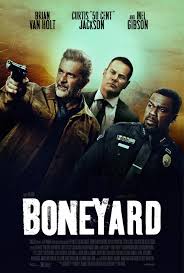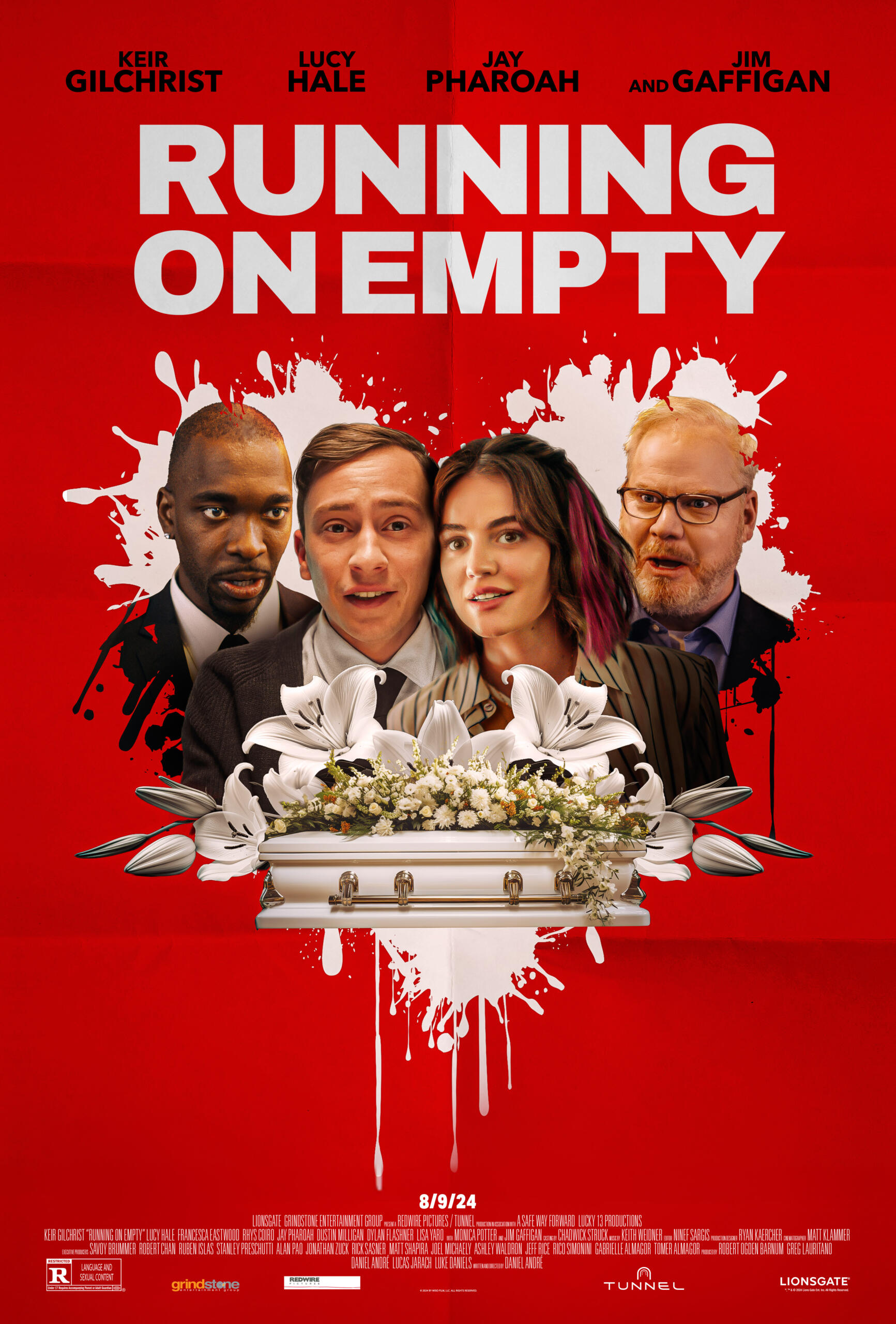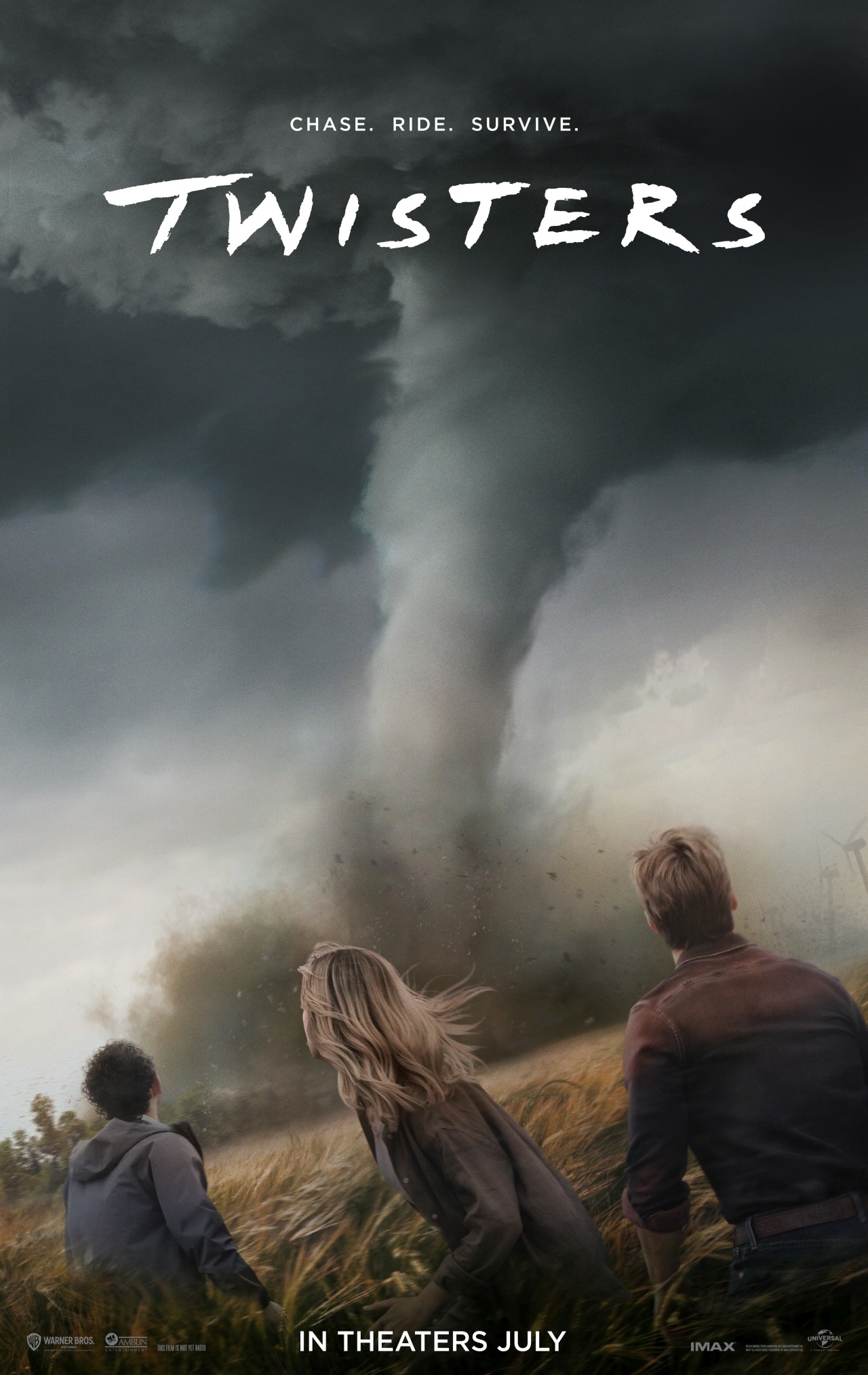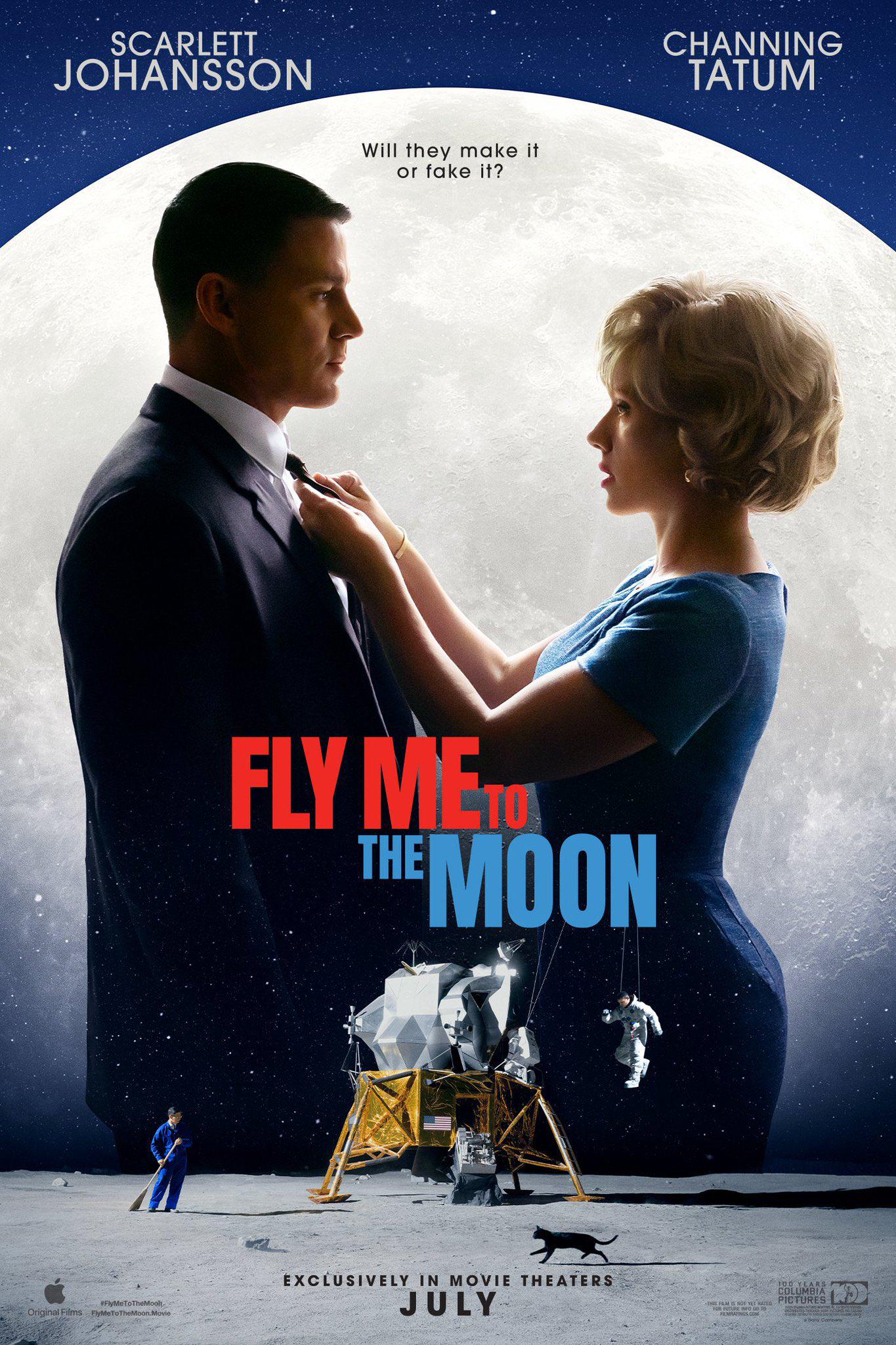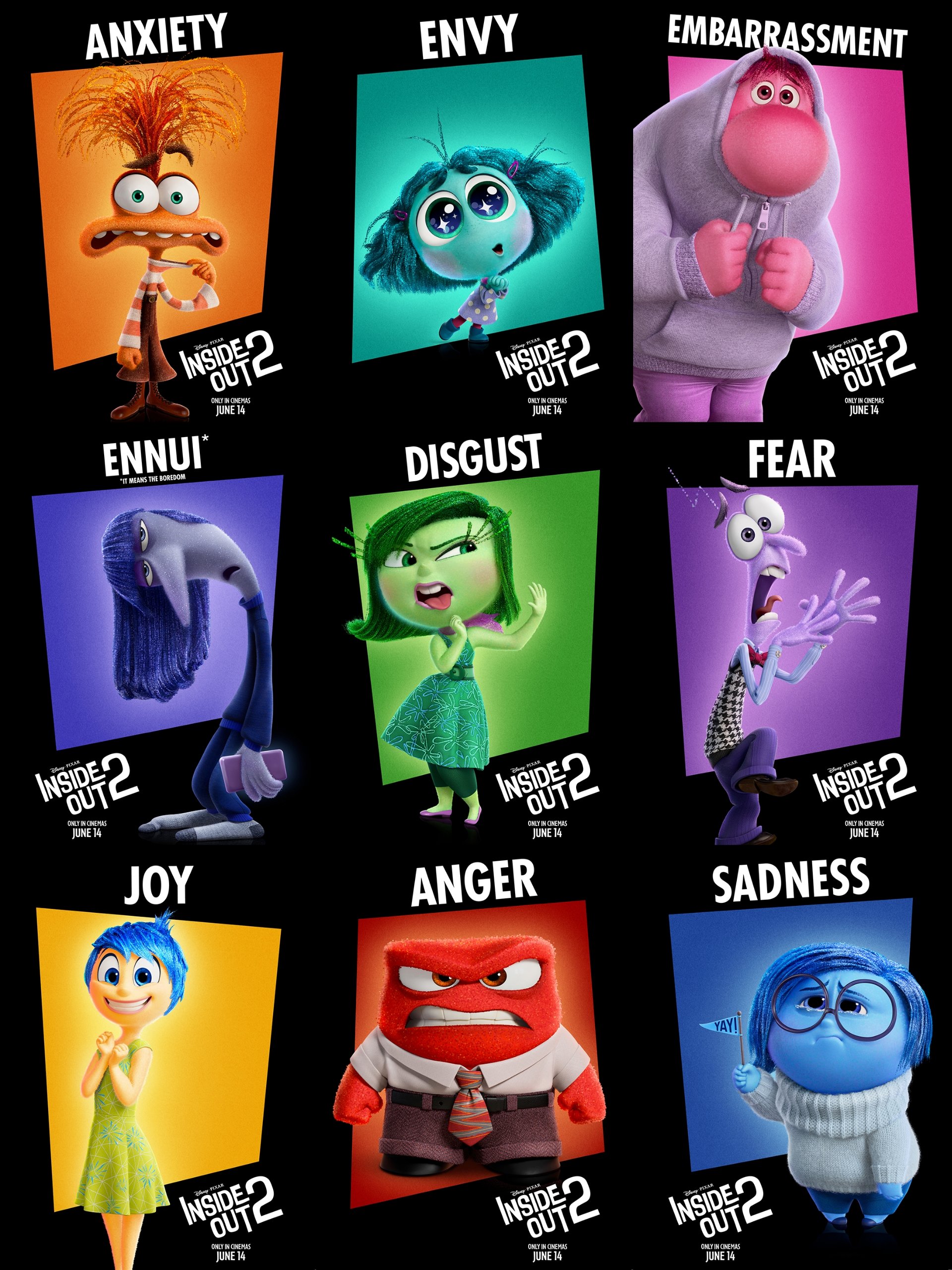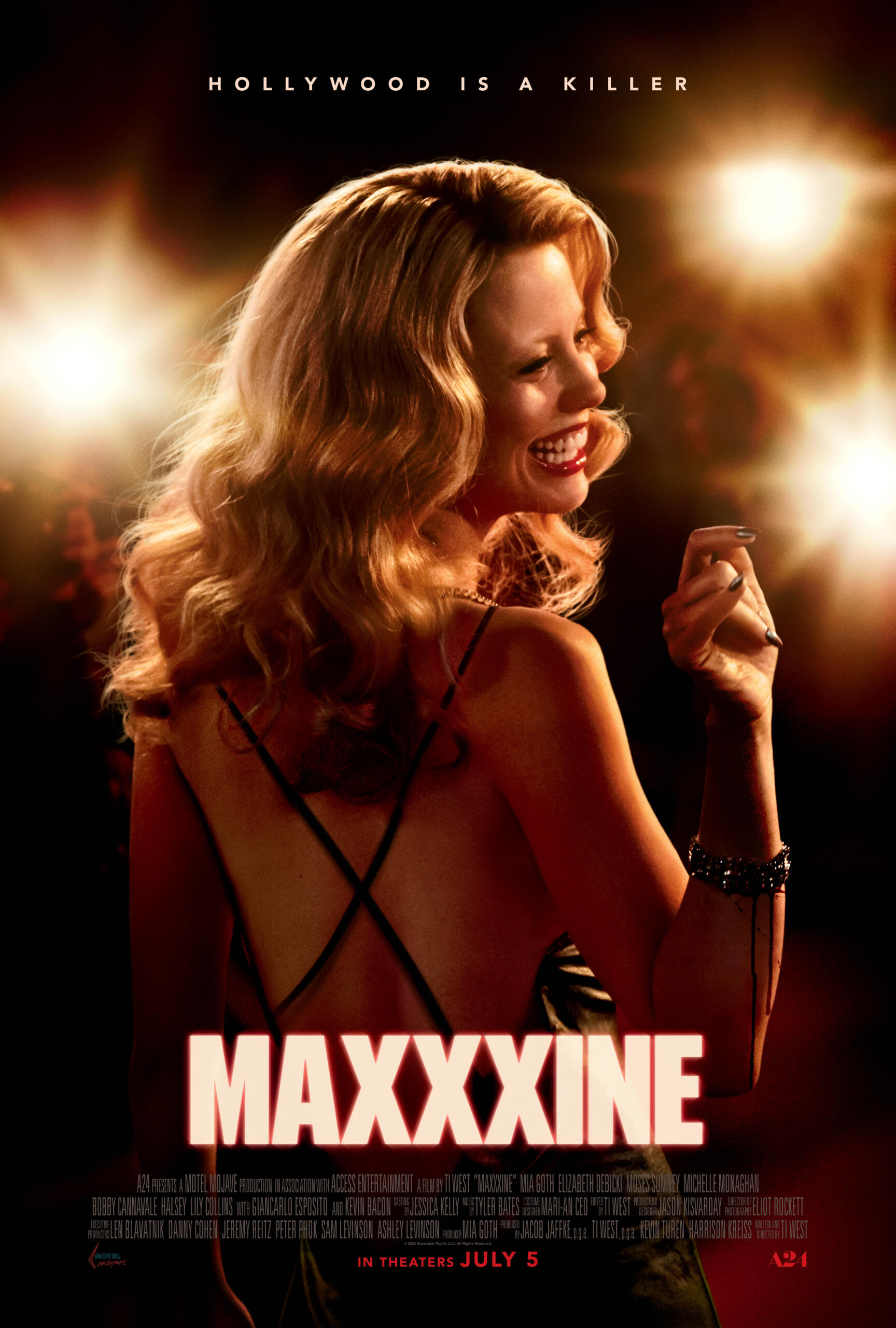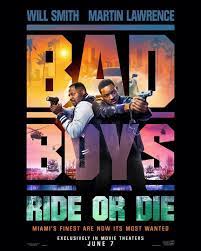Starring: Steve Pinder, Michael J. Cline and Maya Jeyam
Directed by: Quinn Armstrong
Rated: NR
Running Time: 90 minutes
Cranked Up Films
Our Score: 3 out of 5 Stars
Horror is truly different for everyone. For me, it’s spiders. Most bugs I’ll get up and close with kleenex to dispose of, but if I spot a spider, I’m grabbing the nearest blunt object and potentially putting a hole in the wall. For others, it could be a variety of things, blood and guts, unnatural fears, possession, clowns, etc. For some, a film like “The Exorcism of Saint Patrick” is an all too real microscope on their own trauma that they’ve dealt with.
The film is primarily between Pastor Pat (Steven Pinder) and Patrick (Michael J. Cline). The two are at a lonesome cabin near the woods because Patrick’s parents want Pastor Pat to convert him. Not to Christianity, but to heterosexuality. The shy, bullied teenager is bullied even further by Pastor Pat. Pastor Pat only refers to him as Trick, basically implying that once he renounces his homosexuality, he’ll actually be identified as a person. Pastor Pat forces him to do repetitive demeaning tasks, belittles him, hits him, and a variety of other cruel “treatments.” Patrick is unwilling, afraid and alone, emphasized by how much his parents hope Pastor Pat’s “treatment” works. The film quickly addresses and touches on topics of LGBTQ+ oppression, suicide, assault, depression and it’s only a matter of time before past, deceased patients of Pastor Pat decide his reign of terror needs to end.
The first half of “The Exorcism of Saint Patrick” can easily be a real life horror of its own, before it takes a supernatural turn. The film is way more layered than what I’ve laid out, showing hints of Pastor Pat’s own personal sexual repression, as well as how he channels that into his profession and tactics. The dialogue between the two, at times, feels thoughtfully introspective. That being said, it doesn’t necessarily make Pastor Pat sympathetic because he has clearly channeled his own problems into undeniable cruelty.
As for whether or not the supernatural elements equal horror, I’m a little inclined to say it doesn’t necessarily coalesce in the end. The film does seem to drag a bit as it reaches the finish line. The film makes great use of practical gore, blood and other bodily fluid practical effects throughout, but it felt more like a drama than a horror. That being said, “The Exorcism of Saint Patrick” is terrifying for a certain segment who’ve had their sexuality questioned to the point of harm. The other aspect of this film is that it’s the first of a trilogy of anthology films, referred to as “Fresh Hell,” by writer-director Quinn Armstrong. Depending on how the following films shape-up, Armstrong is either exploring the individual horrors we all deal with or showing the wide-ranging ability of horror to be fun, scary and serious.




